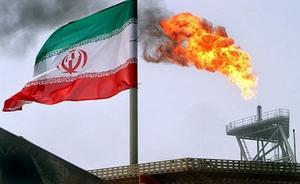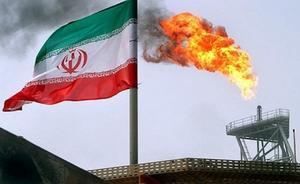
Iranian oil output rose in October after seven months of decline due to Western sanctions and its exports rebounded strongly as China and South Korea bought more oil,�the West� energy watchdog said.
The International Energy Agency (IEA), adviser to industrialised nations on energy policy, said the rebound in Iranian output was adding to a bearish picture of growing oil supply while demand remained depressed due to a weak global economy.�The IEA also added that a new round of sanctions against Iran was likely to further cripple its finances although not necessarily further reduce its oil deliveries to markets.
�With the bulk of�Iranian crude�now heading to Asia, however, the main impact of the new EU measures will likely be on the country�s financial sector,� the IEA said. Iran�s finances have been drastically stretched since US and EU sanctions more than halved its oil exports compared to last year, undermining its budget and leading to a spike in inflation and a sharp weakening of its currency. The sanctions are part of a stand-off between the West and Iran over Islamic Republic�s nuclear programme.
The EU further broadened the sanctions against Iran�s energy and banking industries in October in a bid to bring Iran back to the negotiating table. The IEA said Iranian oil output rose by around 70,000 barrels per day (bpd) to 2.7 mllion bpd (mbpd) in October. Iranian exports jumped to 1.3 mbpd from 1.0 million seen in the two previous months. �China and South Korea appear to account for the lion�s share of the increase in Iranian imports,� the IEA said in its monthly report.
The jump in imports could have brought Iran an additional $900 million last month, according to Reuters calculations based on the price for its oil of $100 a barrel.
The Iran Project is not responsible for the content of quoted articles.











